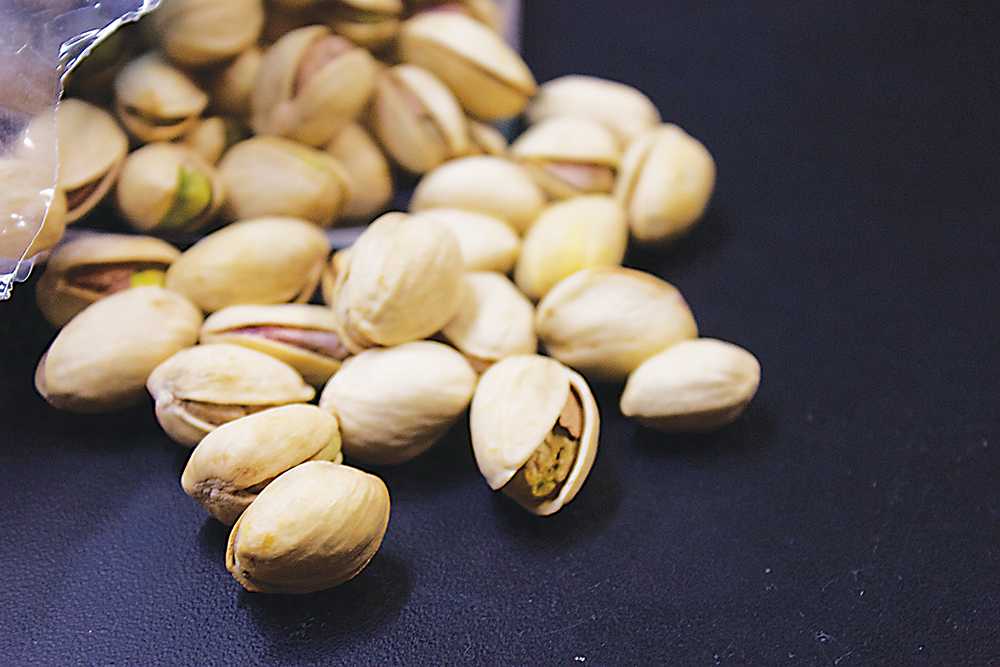An Appalachian State University professor recently conducted research that found pistachios impair rather than improve athletic performance, despite popular belief.
David Nieman, director of the Appalachian’s Human Performance Laboratory at the North Carolina Research Campus recently conducted the study on pistachios’ effects.

The main conclusions of the study deal not only with pistachios, but also with all foods containing the carbohydrate raffinose. Nieman entered the study knowing that the human body cannot process raffinose.
“Raffinose is most commonly found in beans,” Nieman said. “I wasn’t aware that it was in pistachios, so that caught us by surprise.The raffinose, which is not supposed to be in the blood, was detected by the immune system, which responded by secreting a toxin that then went to the muscles and reduced their ability to produce ATP energy.”
Raffinose is released into the bloodstream through leaky ducts in the colon. These leaks come as a result from the body heating up during intense exercise.
Using Metabolomics, a cutting edge research technology, Nieman observed this upon examining the test participants – cyclists – after an athletic event.
He was unable to see the raffinose in the blood prior to the athletic competition because the cyclist’s bodies had not heated up to the point where the raffinose in their systems could leak through the ducts in the colon. So, prior to intense exercise, the digestive system contains the raffinose till it is expelled from the body.
For this reason, Nieman suggests athletes keep eating pistachios, beans and other foods containing raffinose as a regular part of their diet, until the week of competition.
“Beans, pistachios, and onions are very healthy foods, so we don’t want people to cut it out,” Nieman said. “But I wouldn’t dare eat these types of foods during the three-day period before a major exercise challenge or competition.”
Nieman stressed the importance of this being a discovery by Appalachian and the team he works with at the NC Research Campus. He said he can count on one hand the amount of times he has been able to discover something completely new.
“Nowadays there are thousands of scientific investigators trying to come up with something new and we did that,” Nieman said.
Jenni Loveless, junior center midfielder for the women’s varsity soccer team, has mixed feelings about this information.
“I love pistachios, but I don’t think I eat enough to affect me in a noticeable way,” Loveless said. “It’s hard to believe just one study. But if I noticed an increase in my performance when I didn’t eat beans and pistachios, or saw more studies that came to the same conclusions, I’d probably cut these foods out during game weeks.”
In the Appalachian Athletics weight room, there is a board that recommends certain foods to help athletes. While pistachios are not on this wall, beans are. Beans are a recommended source of protein for vegetarian athletes. Trainers and dieticians would have to find a substitute to recommend for protein during game weeks.
Loveless said some athletes like these foods too much to cut them out while others hold their performance above their dietary preferences. The likelihood of an athlete cutting out foods with raffinose increases as the level of competition heightens.
Story: Josh Wharton, Intern News Reporter
